FlagSHIP courses are designed to provide immersive and hands-on experiences in May (Maymester). Take a look at what you can select from this Maymester.
Maymester 2024 Courses
Maymester 2024 Courses
Instructor: Jeanette Vigilotti
Format: Study Abroad
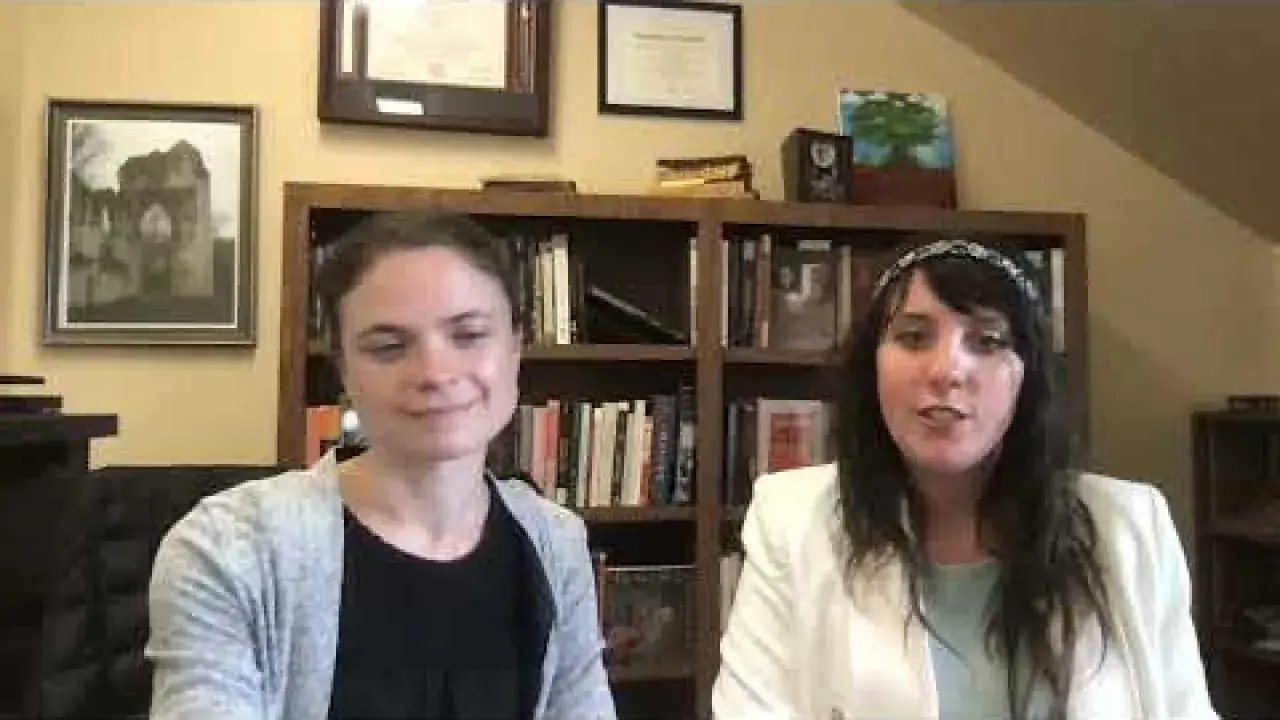
Cost: $3,950
Description: This course asks students to reflect on cultural representations of the past in both literary texts and cultural heritage sites. The first part of the course will focus on “imagining the past” in St Augustine. Students will then travel to London to explore the same theme in a new location, comparing and reflecting on what we learn along the way.
Instructor: Chris Balaschak
Format: Study Abroad

Cost: $1,500
Description: Berlin: Public Art / Public Memory is a nine-day study abroad course based in Berlin, Germany. Berlin has a rich civic history, and this course will focus on the ways in which modern Berlin has commemorated war, trauma, separation, and its citizens, through the city’s art, architecture, and civic design. With a particular attention on public art, students will be guided throughout the city to experience, and respond to, the ways in which the past has been visually represented. We will touch upon aspects of the history of art, architecture, and urban design, while discussing trauma and memory in modern Europe. Upon their return, students will be asked to propose new public art for their hometown, considering the roles, methods, and appearance of work viewed in Berlin.
Instructor: Eugenia Charoni
Format: Study Abroad
Cost: $2,323
Description: The course focuses on Panama’s history and on two of its seven indigenous groups’ cultures: Emberá and Guna Yala. Through the study of the history of Panama and the experience of the indigenous groups’ daily life and cultural practices, students will develop a better understanding of their own historical and cultural identity and avoid possible preconceptions. The course includes a 10-day trip to Panama from May 3rd, 2024 to May 12th, 2024.
Instructor: Rachel Cremona
Format: Study Abroad
Cost: $5,000
Description: The center of Istanbul occupies the southeasternmost corner of the European continent, just across the Bosphorus from the city’s Asian suburbs. From its beginnings as the Greek colony of Byzantium, through its transformation to Christian Constantinople, and ultimately to its identity as Islamic Istanbul, there is arguably no better place on earth to begin exploring the contemporary conundrums of religion, ethnicity, and identity. Students taking this course will have the opportunity to experience first-hand how geography, history, and politics intertwine to shape our conceptions of self and others. Students will explore distinct and often conflicting notions of the state and nation and examine the influence and consequences of Western ideas of identity.
Instructor: Tracey Eaton
Format: Study Abroad
Cost: $3,925
Description: Introductory course in travel writing and photography features a 14-day trip to southern Spain. Students will visit and write about some of the country’s most spectacular towns and villages, UNESCO sites, parks, and markets. They will interview and photograph villagers, craftsmen, musicians, merchants, farmers, fellow students, and others. They’ll discuss social, political, economic, and cultural issues and trends. Then, they will write stories based on what they learn. Specialized guides and translators will accompany students throughout the trip.
Instructor: Mimi Ensley
Format: Study Abroad
Cost: $3,950
Description: This course asks students to reflect on cultural representations of the past in both literary texts and cultural heritage sites. The first part of the course will focus on “imagining the past” in St Augustine. Students will then travel to London to explore the same theme in a new location, comparing and reflecting on what we learn along the way.
Instructor: Lisa Fiala
Format: Study Abroad

Cost: $3,950
Description: This course is designed to introduce students to contemporary Cambodia through cultural immersion and a beginning exploration of development work. While in Cambodia, students will meet with local nonprofits and community leaders working to tackle issues of poverty, discrimination, and access to healthcare. Students will explore Cambodia’s past and learn how it has shaped its present and future and will immerse themselves in the culture, visiting temples, schools, floating fishing villages, and talking with local people. Students will also have a chance to learn the Khmer language, study how local dance is used to tell cultural stories, experience a cooking class, and learn about life hands-on in a rural community, all with dedicated time for personal reflection.
Instructor: Christine Fogarty
Format: Study Abroad
Cost: $3,400

Description: This course will expose students to Scottish culture and the role theatre plays in Scotland by experiencing performances, story-telling, and historical re-enactments in the Highlands and Lowlands. The primary focus of this course examines Scotland's leading ladies in history and onstage. The course dates are May 11-24, 2024.
Instructor: Carrie Grant
Format: Intensive Format Seminar
Description: In this course, students will explore the farm–to–table movement. They will learn about the environmental costs and human costs of industrial agriculture, the monoculture’s threat to food security, and the negative impacts of concentrated animal feeding operations. Students will then learn alternatives to these industrial practices by exploring organic farming techniques, vegetarian and vegan diets, and slaughterhouses and food production facilities that work. This course will include in classwork, discussions, and multiple field trips. Students will spend a day volunteering at the local organic farm(s) (Farm Song/Ben Wells), learning firsthand from the farmers. They will visit the farm–to–table restaurant(s) (Commander’s Shellfish Camp/The Floridian) and learn about their farm–to–table techniques. They will also get a chance to meet (via Zoom) with Arcadia Farm Executive Director, Pamela Hess, and discuss the operations of Arcadia.
Instructor: Jinhyon Hammick
Format: Study Abroad
Cost: $3,900

Description: This 14-day study abroad course will provide students an opportunity to explore the rising Korean pop culture, and media industry and how the rich history of the country influenced the media content. Korean pop culture has become a global phenomenon, which created the term “Korean Wave (Hallyu).” Students will visit historical sites, PR/advertising agencies, and movie/TV production scenes, and meet with the local university students to share different perspectives on media and culture.
Instructor: Jessica Howell
Format: Intensive Format Seminar
Description: This course will trace the events of the Mexican Revolution, from 1912 to 1920, analyzing the stability of the country throughout the events of the Revolution by participating in a game simulation. Several themes will be highlighted in the course, including the social, cultural, economic, and political factors that contributed to the rise and intensification of the Mexican Revolution. Over the course of two weeks, you will frantically caucus with other members of your factions, draft speeches and writing assignments using arguments derived from course texts, counter and co-opt your fellow students’ own speeches and writings, and fashion new arguments and develop an ever deeper understanding of the issues. Many students become so immersed in their roles that they devote extra time to the course over and above the formal requirements. Don’t hesitate to get involved in this way—it is what Reacting is all about!
Instructor: Jessica Jenkins
Format: Study Abroad
Cost: $4,125
Description: Students will travel to Sicily to explore the food, history, and culture through focused readings on the history of culinary traditions, interaction with local people, and visits to restaurants, markets, and street vendors in both Sicily and Rome. This place-based learning experience includes walking tours, day trips to cultural landmarks, and experiences unique to Sicilian culture, including a cooking class for students to learn traditional Sicilian culinary styles.
Instructor: Brenda Kauffman
Format: Study Abroad
Cost: $4,150
Description: The course will look at some environmental and cultural issues facing Brazil, especially regarding sustainability in farming and protecting natural resources. While students will learn about a variety of these issues, the main objective of the course is cultural immersion and reflection.
Instructor: Doug Keaton
Format: Intensive Format Seminar
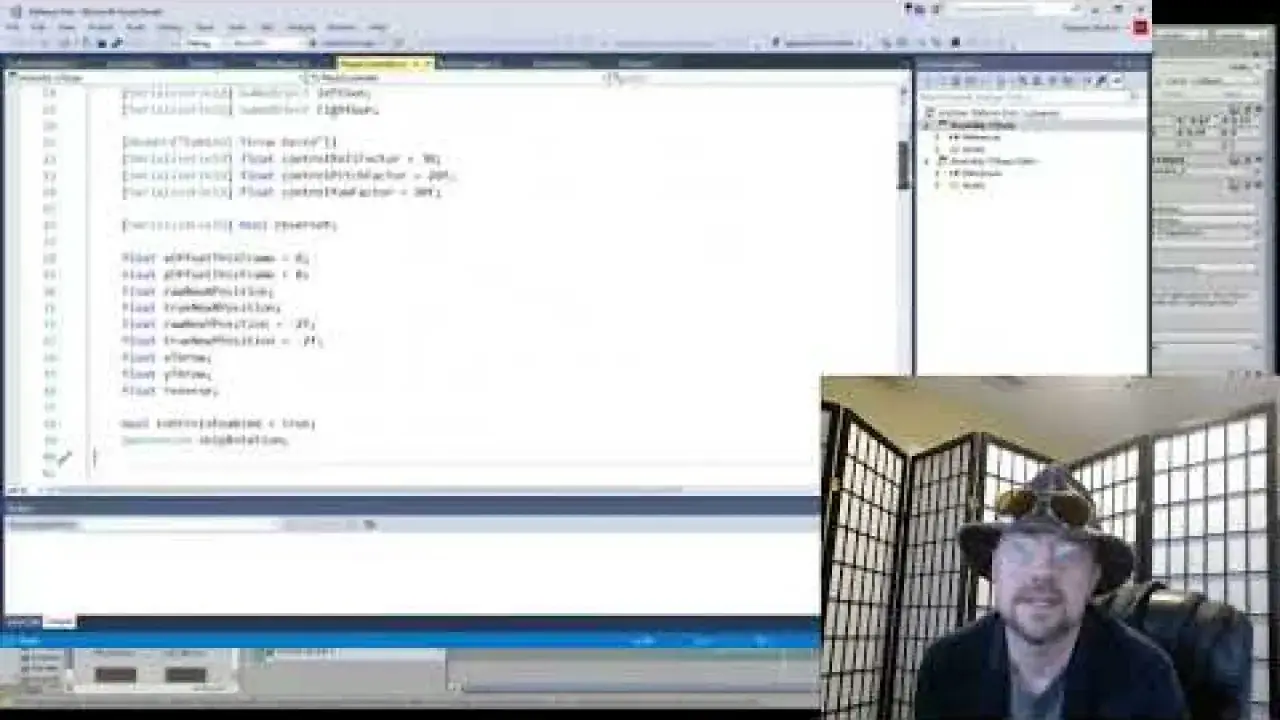
Description: Video games offer a new way of communicating and experiencing the lives of others. In this class, we will look at different kinds of liminal experience as they are depicted in science, film, and literature, and compare what we learn from those sources to what we learn by playing a game about the same kind of experience. We will also ask: what place do video games hold in various cultures around the world, and how are different cultures using games to tell their stories? A central feature of this course is that we will learn the basics of making our own video games – much of this course will take place in a computer lab where we are introduced to using a game design engine. (No experience is assumed.) The final project for this course is a GDD (game design document) in which students propose a game that shares a liminal experience.
Instructor: Eleanor Laughlin
Format: Study Away
Cost: $2,025 plus travel costs
Description: In this course, we will travel to Nantucket, an island off the coast of Massachusetts, to experience the history of the island (with emphasis on women and people of color), ecology, and crafts. Each section of this course serves as a theme representing the resiliency of Nantucketers over the course of the island’s history: “Scrimshaw” is the segment corresponding to the whaling industry (1750-1840), “Shell,” the shell-fishing industry (1800-1870), and “Basket” symbolizes the tourism industry (1880s-present day). By visiting sites such as the Whaling Museum, Siasconset, and the downtown business district, students will be exposed to the three distinct historical periods relating to each theme. Along the way, we will meet community members and artisans who will share their stories and give us the opportunity to understand the delicacies of scrimshaw engraving, dig for shellfish, make a sailor’s valentine, and observe Nantucket basket construction. Intertwined with these experiences will be exposure to ecological sensitivities that impacted craft supply and island livelihoods, as well as diverse groups who have made the island function for centuries, such as Cape Verdean residents and the women who participated in the anti-slavery and suffrage movements at a national level. Museums, cuisine, and associated histories of the island will be included further to ground the students in the history of the area. Background information will be provided via lecture about the cultural, historical, and ecological aspects of life on Nantucket. Using readings for information and inspiration, we will discuss the social, political, and economic dimensions of island issues such as the environment, racism, and social inequity. We also aim to develop critical thinking skills, visual literacy, and verbal and written analysis of psychological/emotional experiences through literature and journal writing.
Instructor: Kevin Mahoney
Format: Intensive Format Seminar
Description: Radical Empathy in Documentary Filmmaking is an intensive seminar which investigates the relationship between the documentary format and memory, both personal and national. Using a combination of film screenings, readings, discussion, and creative engagement, we will take a look at the power dynamics that have historically determined which groups are given the opportunity to tell stories using a medium defined by its association with "truth."
Instructor: Laura Mongiovi
Format: Intensive Format Seminar
Description: This course will examine the significant qualities of a landscape through the lens of geography, commerce, and desire. A series of mapping exercises will take place in the local community, allowing students to gain an understanding of local history while exploring their own ideas about time and place. Each student will make a map of several local sites, including historical facts. A series of readings, class discussions, and personal responses will supplement the mapping exercises, providing moments for insight and reflection. Students will visit local sites to view their collection of historical maps and hear from a historian mapping colonial St. Augustine.
Instructor: Wayne Riggs
Format: Study Abroad
Cost: $5,000
Description: The center of Istanbul occupies the southeasternmost corner of the European continent, just across the Bosphorus from the city’s Asian suburbs. From its beginnings as the Greek colony of Byzantium, through its transformation to Christian Constantinople, and ultimately to its identity as Islamic Istanbul, there is arguably no better place on earth to begin exploring the contemporary conundrums of religion, ethnicity, and identity. Students taking this course will have the opportunity to experience first-hand how geography, history, and politics intertwine to shape our conceptions of self and others. Students will explore distinct and often conflicting notions of the state and nation and examine the influence and consequences of Western ideas of identity.
Instructor: Jason Schwab
Format: Intensive Format Seminar
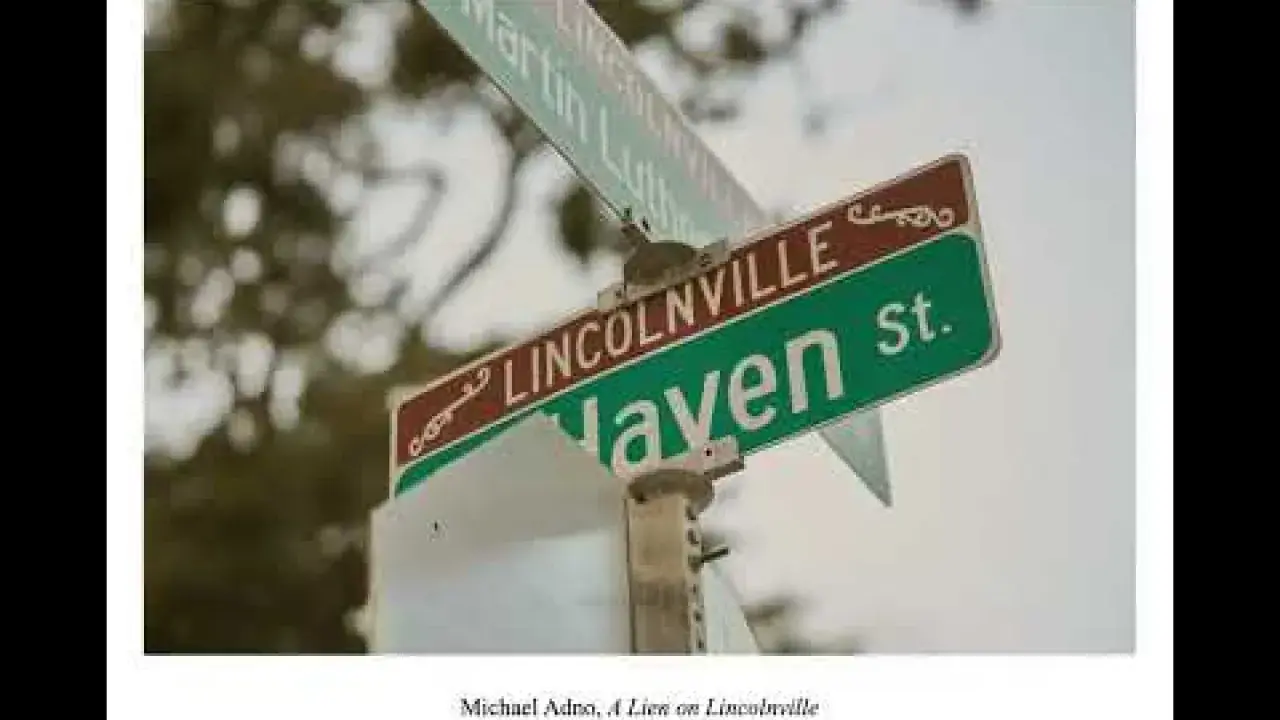
Description: A Photographic Investigation of a Changing St. Augustine is a two-week intensive documentary photography course that examines the effects of gentrification on local communities within St. Augustine. Through photography, language, and research, you will question how an influx of affluence and differing cultures may negatively or positively affect specific communities within our city. Each student will create a body of images from the experiences and research they encountered during the course. Then, as an entire class, we will work together to create a photographic book that synthesizes all of our work into a cohesive narrative.
Instructor: Melissa Southwell
Format: Study Abroad
Cost: $4,000
Description: This class will explore the multiple and intersecting challenges of coral reef conservation on Zanzibar, a developing island with a complex history and multicultural population. Students will learn why cultural context is necessary for truly sustainable conservation work, and how well-intended environmental projects can be derailed by ignoring local traditions and knowledge. Students will learn about the incredibly diverse ecosystems and diverse people that coexist on this island. Through their interactions with a wide variety of people, (women’s groups, farmers, government officials, and NGO workers,) students will learn about how these groups view the coral reef as a food source, tourism resource, and/or cultural touchstone, and what power structures govern its use. Understanding the differing cultural perspectives within Zanzibar will help bring their own cultural perspectives about the environment into focus. Through class readings and discussions, students will also engage in intensive study of Zanzibar's history, ecosystem, and wildlife, and the environmental pressures that threaten them. The course will culminate in student presentations to our host country partners.
Instructor: Deborah Teague
Format: Study Abroad
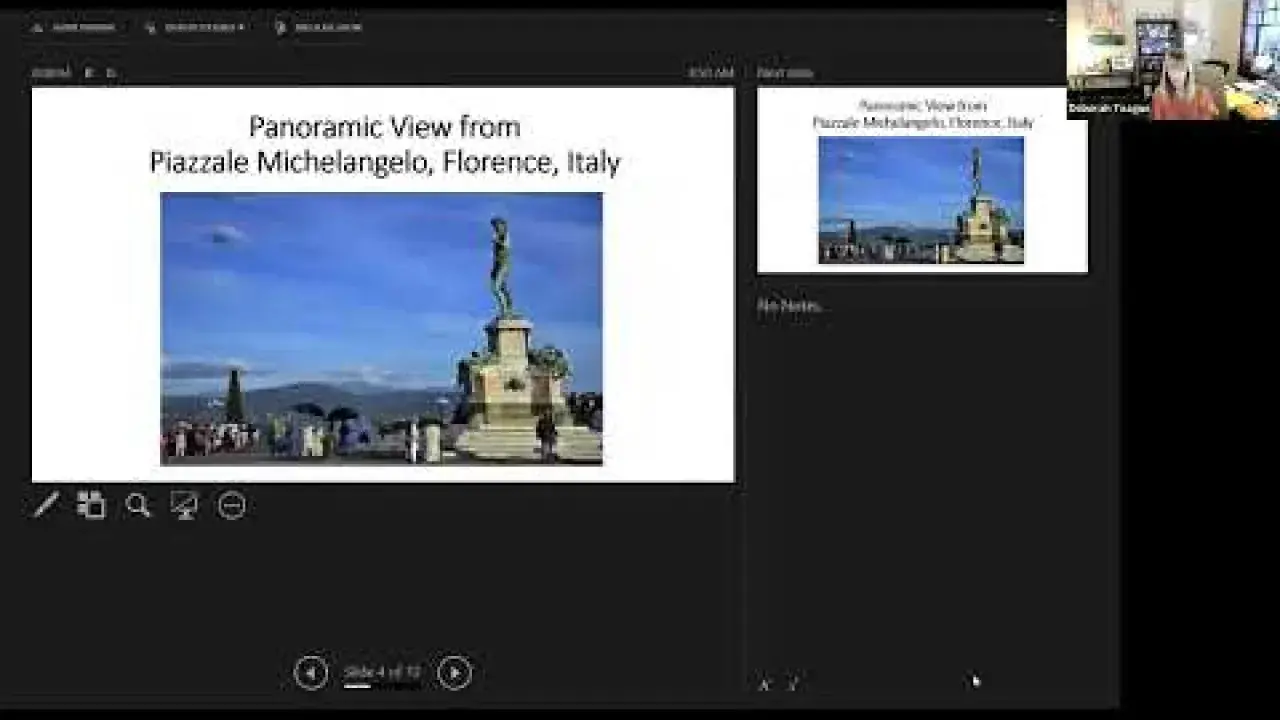
Cost: $1,850 plus airfare and meals.
Description: "Immersion in Florence and Nearby Towns and Villages: Travel Writing about the Birthplace of the Renaissance and Surrounding Region of Tuscany" will provide students the opportunity to immerse themselves in the culture of Florence, Siena, San Gimignano, Lucca, and Feisole; interact with locals from diverse ethnicities, backgrounds, social classes, and neighborhoods; and learn more about the rich history of the city of Florence and the region of Tuscany in which Florence is located.
Instructor: Jessica Veenstra
Format: Study Abroad

Cost: $3,900
Description: Students will travel to Zanzibar, Tanzania, the “Spice Island,” a place with a rich history and diversity of people and ecosystems. Students will learn about the island's history, as well as how people manage fisheries and agricultural lands to conserve their limited resources and meet the needs of the people. The students will meet with local Zanzibari non-profit organizations, and learn from local experts to explore how the science of sustainability intersects with diversity, politics, inequality, immigration, and many other local and global issues. The itinerary includes snorkeling coral reefs, Swahili lessons, as well as visits to spice farms and a flying fox sanctuary.
Instructor: Ashley Coffey
Format: Intensive Format Seminar
Description: This course exposes students to cross-cultural differences, global awareness, and intercultural competence through a variety of topics such as ethnicity and race, values, culture, religion, gender, sexual orientation, and behavioral norms. In this course, students will read theories and research on these topics by people from various backgrounds. Students will view multiple films and analyze how they display the norms and values associated with intercultural communication. Through in-class discussion of these films in connection to the readings assigned, the course aims to help students gain insight into their own cultural orientation and biases, explore diverse cultural groups, norms, and behaviors, and analyze the role of power and prestige in our system.
Instructor: Courtney Kersten
Format: Intensive Format Seminar
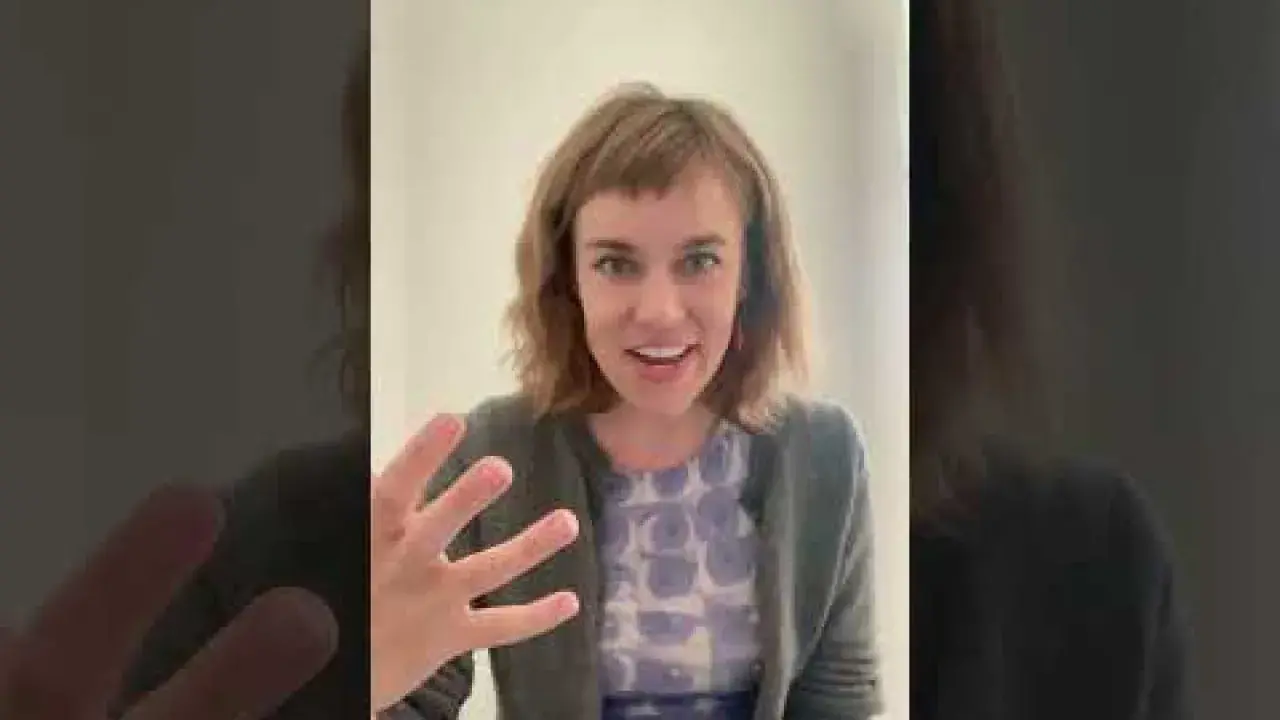
Description: This course introduces students to the cultural and political realities of American Indian experiences through the examination of texts, their respective craft and form, and an understanding of the unique tribal cycles, ceremonies, and histories of respective authors, tribes, and landscapes. We will ask: What issues permeate across genre and time? How do American Indian authors use form and genre to transgress colonial/imperial narratives and representations? How does ceremony, tradition, and myth influence creative work? This course explores a variety of genres and perspectives, as well as texts and contexts spanning the history and worldview of American Indians: first grounding ourselves in an understanding of racist rhetoric in initial encounter narratives between American Indians and the settlers who displaced them; then tracing how early oral traditions and ethnographic encounters have pulsed through contemporary poetic, fictional, and digital forms by and about American Indians.
Contact Us
Please feel free to contact our FlagSHIP team with any questions you may have at flagship@flagler.edu or visit our FAQ page.